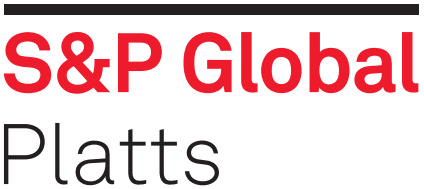
ISTA, the UK international steel trade association, confirmed that in
case of a no-deal Brexit it understands there will be no duties or no
quotas on steel products unless the remedies are already in place,
association chairman Brian Patterson told S&P Global Platts on
Wednesday.
A day earlier he met with the UK trade officials
seeking clarification following the guidance published by the UK
government last week.
Remedies such as the safeguard quotas and
anti-dumping measures that are now in place would be transitioned
until such time that they can be reviewed, according to the UK’s
specific needs and requirements by the UK’s new Trade Remedies
Authority (TRA).
While the Trade Bill, formally establishing
the TRA, completes all parliamentary stages and in the next few weeks
receives Royal Assent, the work of the TRA is in fact being undertaken
by the TRID (Trade Remedies Investigation Directorate).
In a
no-Brexit deal scenario, the UK’s intention is to transition all these
remedies already in place (safeguards quotas and antidumping measures)
until they can be reviewed by the TRA, but the legal basis, under the
WTO, for the transitioning is not clear to ISTA, which is seeking
clarification.
Wider trade issues in play
After Brexit, it is unclear how the European Commission will treat
quotas on steel introduced by the EC in response to the US 232 sanctions
as the quotas were established on the basis of 28 members (including
the UK) rather than 27. These safeguard quotas were put in place in
February and have a further two years to run, subject to periodic
reviews, the first being before July 1. The EC did not reply to Platts
on this matter when contacted.
ISTA on this point said that, in
co-operation with the association’s office, its new Dusseldorf Forum
was well placed to deal with the EC for the benefit of all its UK and
continental Europe members. ISTA Dusseldorf was set up one year ago and
has around 20 members across continental Europe including traders,
lawyers, stockholders and service centers.
“We have two
centers outside UK: one in Germany and one in Singapore, both key
international steel hubs, which, over and above the problems caused by
Brexit, are facing an increasingly protectionist world in which
consumer choice for quality and competitive steel offered by ISTA
members is threatened by new trade barriers. Our immediate attention,
however, is concentrated on issues relating to Brexit,” Paterson said.
In the case of a deal the situation is very clear instead as the status
quo will stay the same with the UK carrying on with all the EC
agreements on safeguards, quotas and anti-dumping measures.
If
the EU grants the UK an extension for the deal scenario the situation
will continue the same until the TRID makes its own regulations.
— Annalisa Villa




